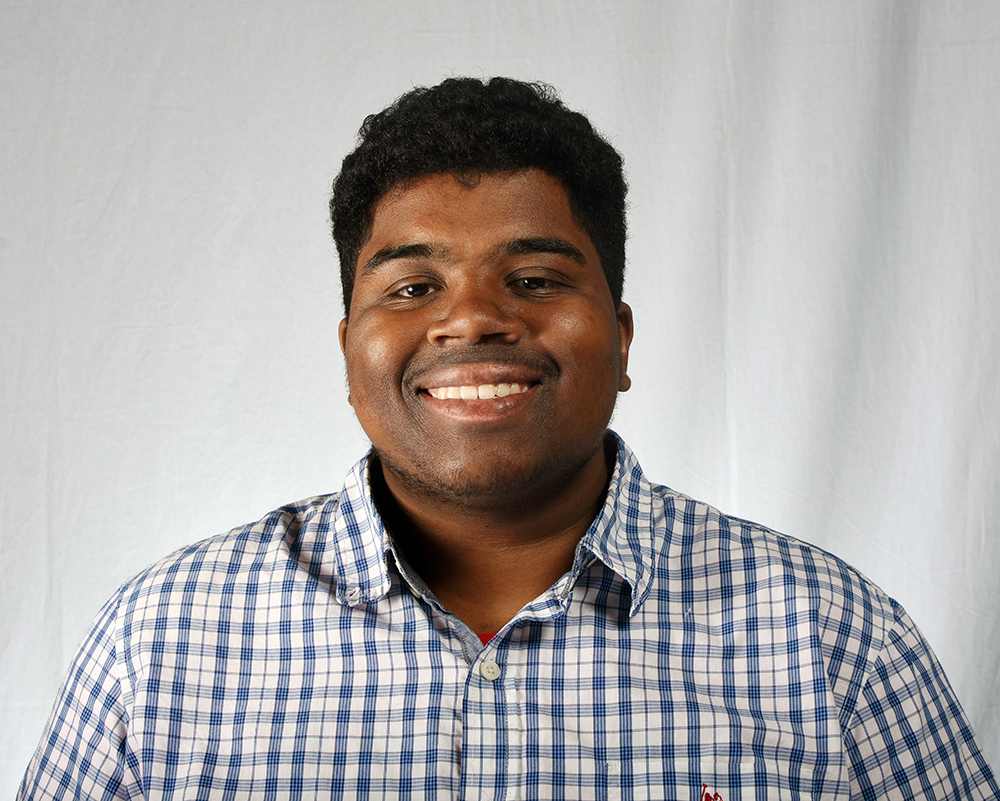Shawn’s Soapbox: Why It’s Important for Black People to Vote

Shawn Fredericks | Staff Writer
October 12 is a special day—not because of sports or entertainment but, something of far greater importance: politics. This Friday is the deadline to register to vote in the November general election. Voting is the main way, which is unfortunately only accessible to citizens, to make your voice heard on issues that affect not just you, but everyone.
Black people, vote—and vote wisely. The 2016 presidential election taught us that apathy is the pathway to disaster. I’m not blaming black people for the election of Donald Trump (that fault lies with the Caucasian population). However, the voter apathy of the black community was thanked by Trump during a speech when he said, “The African-American community was great to us. If they had any doubt, they didn’t vote… And that was almost as good.”
Voting isn’t just a right. It’s a privilege for black people, as white America—specifically the Republican party—has shown they want to suppress the black whenever possible. North Carolina itself is notorious for their voter ID laws, which restricted certain forms of IDs that could be used at the polls amongst other restrictions and were struck down by the Supreme Court.
Our “right” to vote was brought with the blood and resilience of our ancestor who, throughout post-Civil War America, fought for their right to be recognized as human beings and American citizens worthy of rights in the country they helped build.
Voting isn’t the only outlet of political change (like my colleague Kennysha Woods highlighted in her article about the necessity of direct action).
But it’s one of the biggest doors to change.
The solution is never to not vote. Not voting isn’t a form of protest. I don’t give a damn that Colin Kaepernick didn’t vote. He was wrong.
If you’re frustrated with this government, you have to vote.
Brando Simeo Starkey is an associate editor at “The Undefeated” and the author of “In Defense of Uncle Tom: Why Blacks Must Police Racial Loyalty.” Starkey highlighted the hypocrisy of whining about the system and not voting in his article “Black people who didn’t vote let us down, too.”
Starkey wrote, “I spot multiple problems, however, in such an outlook. One is that if we view government as failing to operate well for people like us, ejecting ourselves from civic engagement offers no solution. Indeed, by eschewing the political process, Fleming [a black person who choose not to vote because he was frustrated with health care costs] distanced himself from a resolution to his apparent main economic grievance, the cost of health care.”
I don’t agree with a lot of Obama’s politics— the militarism and neoliberalism, specifically—but we agree on the point that if you don’t vote, then you can’t complain. I better see nothing on Instagram, Snapchat, Twitter or whatever y’all new negroes are on when it comes to politics.
Really, you’re not even allowed to boycott Kanye West’s album for disagreeing with him over supporting Trump if you aren’t going to exercise your voting privileges.
I’m so perturbed because the pure selfishness of not voting is putting me and other people of color in danger. Sitting on your couch and playing Fortnite with your homies, rather than civically engaging to improve the circumstances of your community, is appalling at best and completely inexcusable at worst.
The black vote can be transformational and effective at local and state level politics. In North Carolina, where there’s a black community with a history of two black wall streets, we should take inspiration from the “black belt” voters who pushed Doug Jones past the detestable Roy Moore.
Credit is due especially to black women. Exit polls showed that 96 percent of black people voted for Jones, including 98 percent of black women. This happened not because of Democrats, but because of groups like Woke Vote who engaged the black community to vote.
As people of color, we have to check each other and encourage each other to vote, and not just in presidential elections, but also in general elections. As students of color, we have a responsibility to vote—a responsibility our ancestors fought for.
I’ll see y’all at the polls.